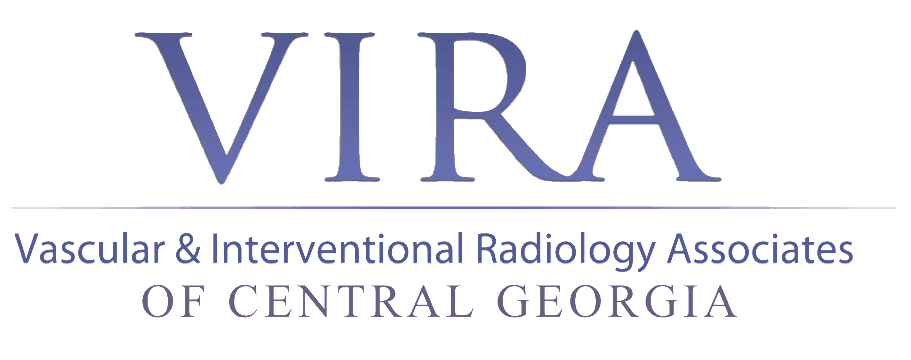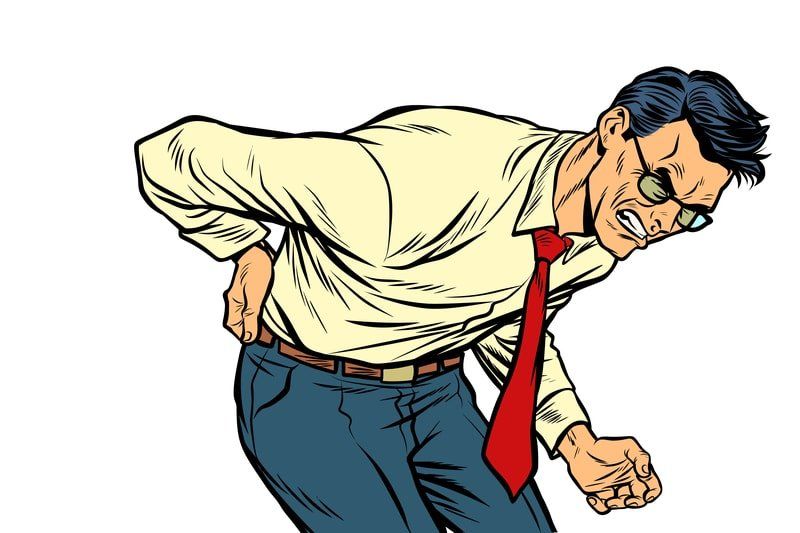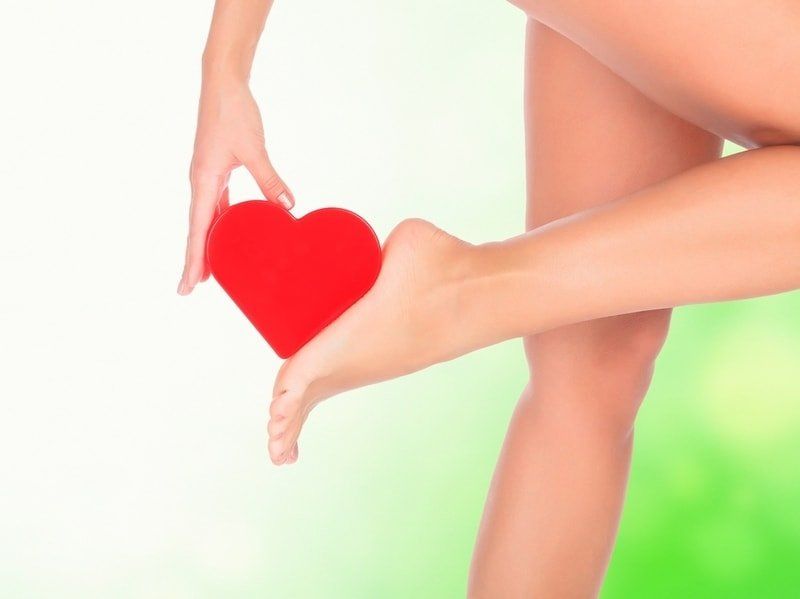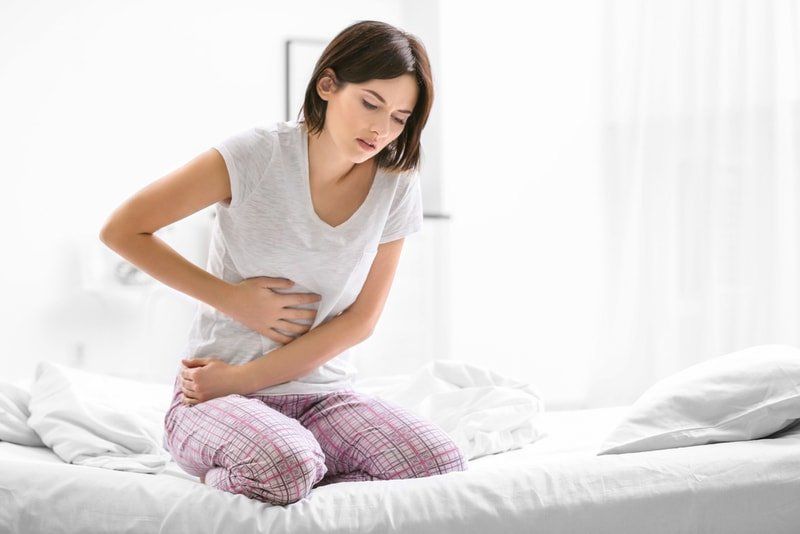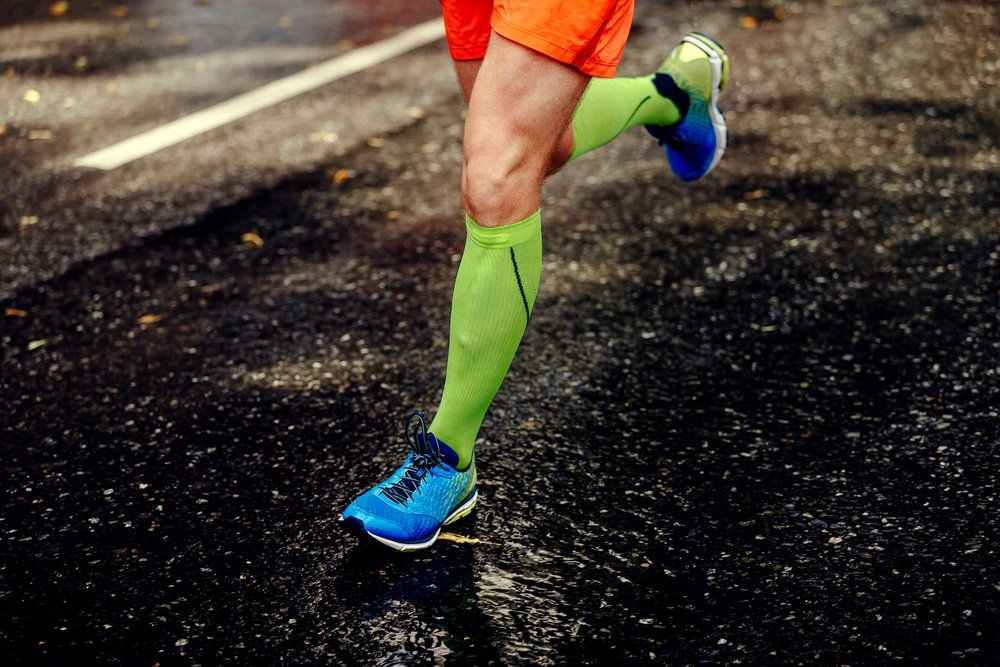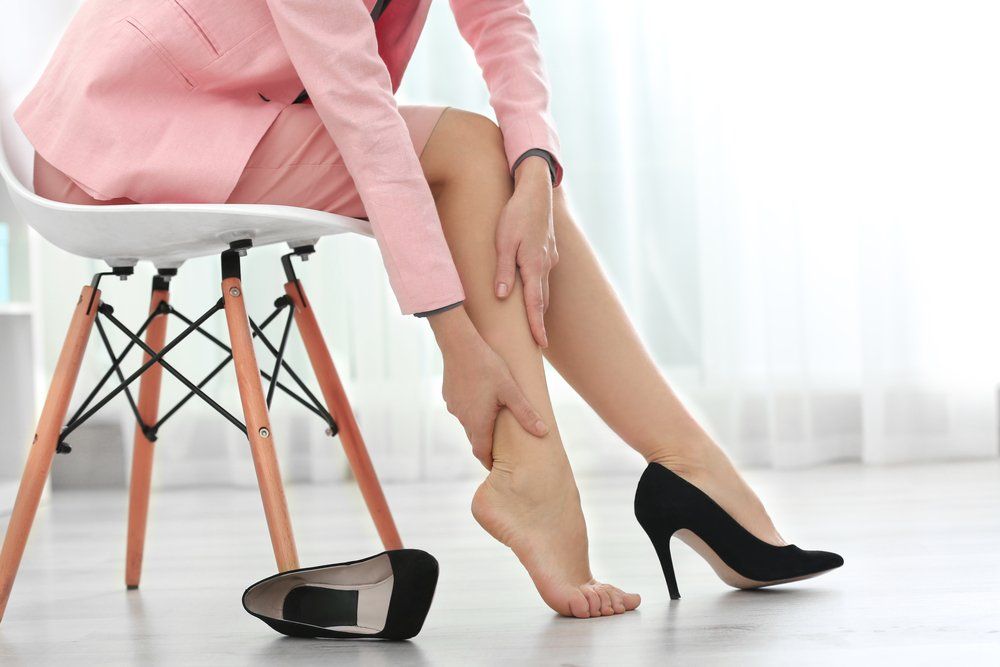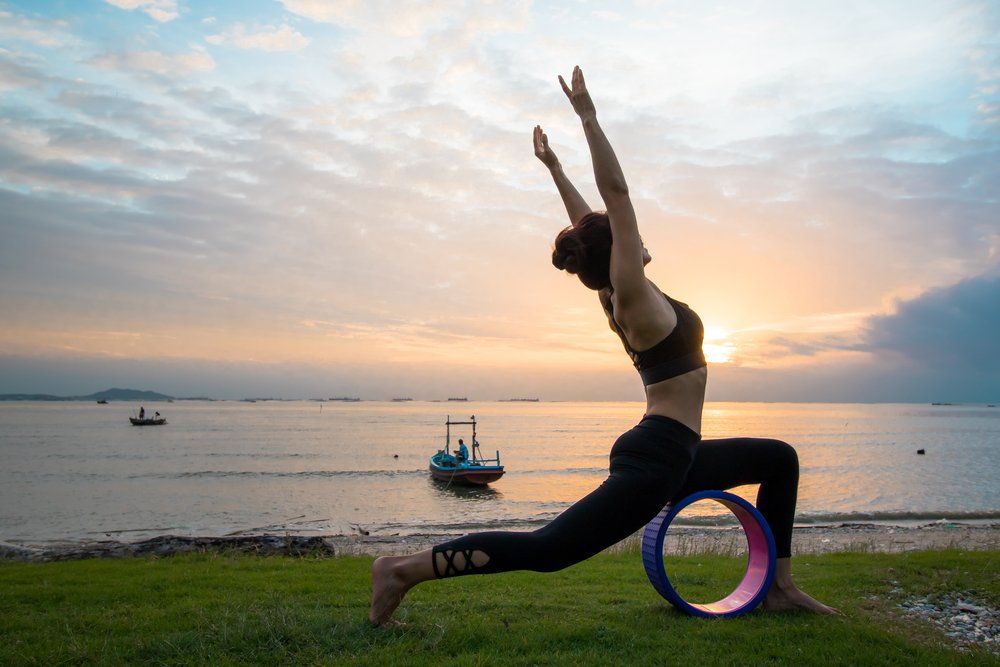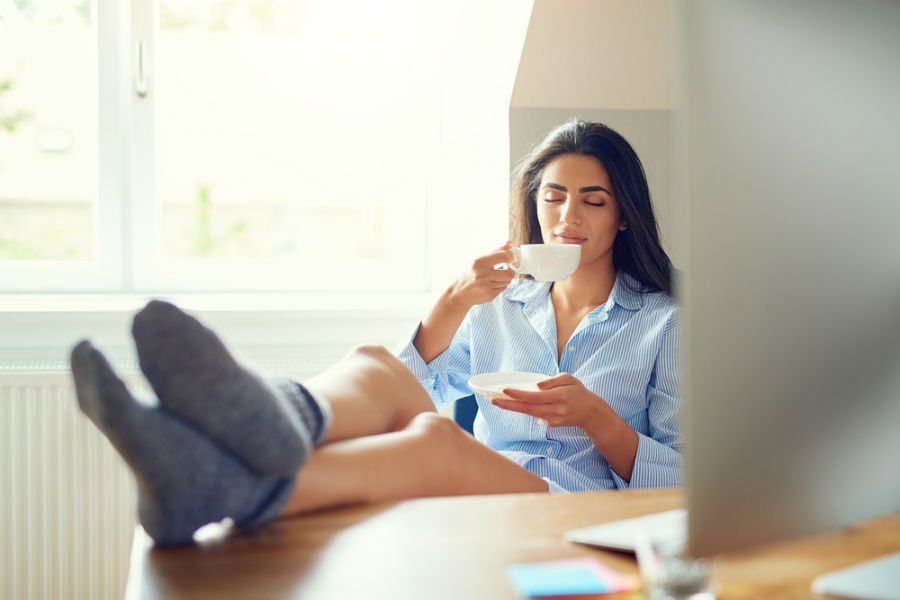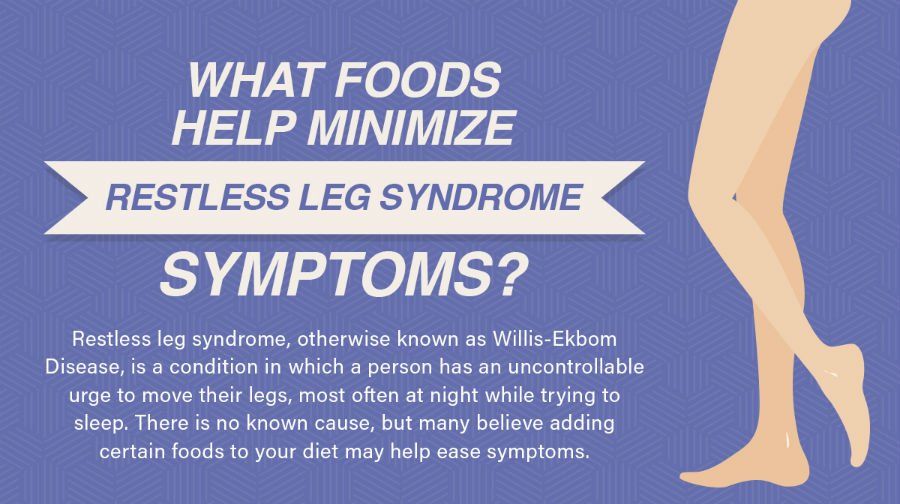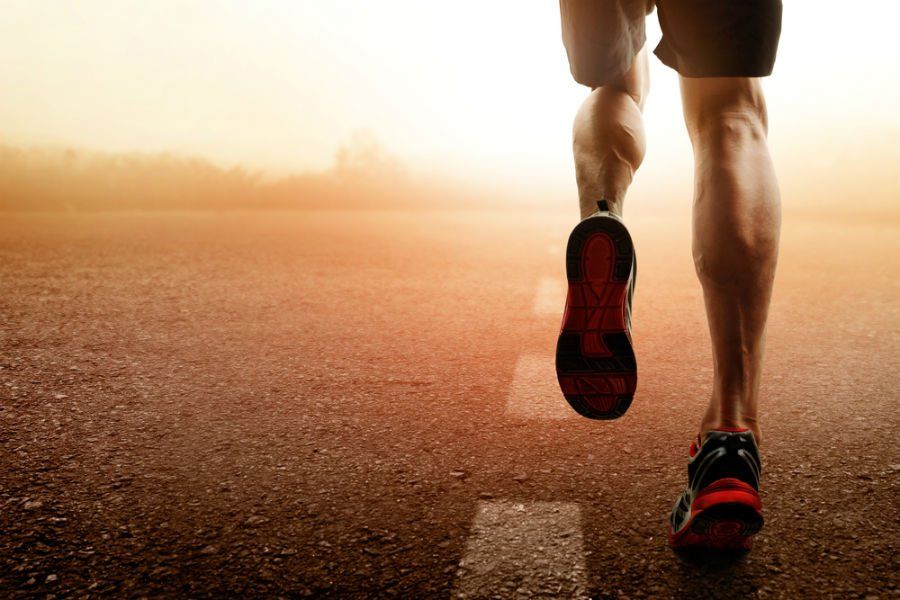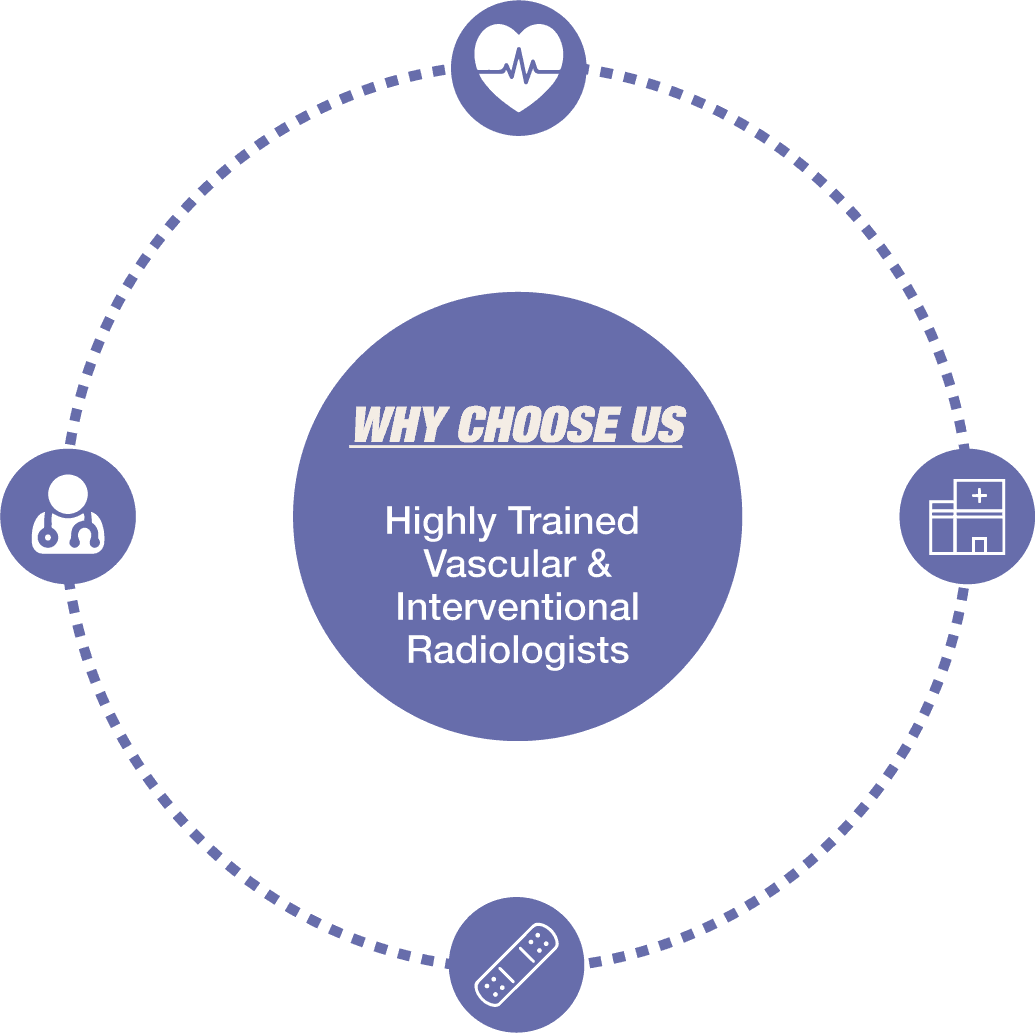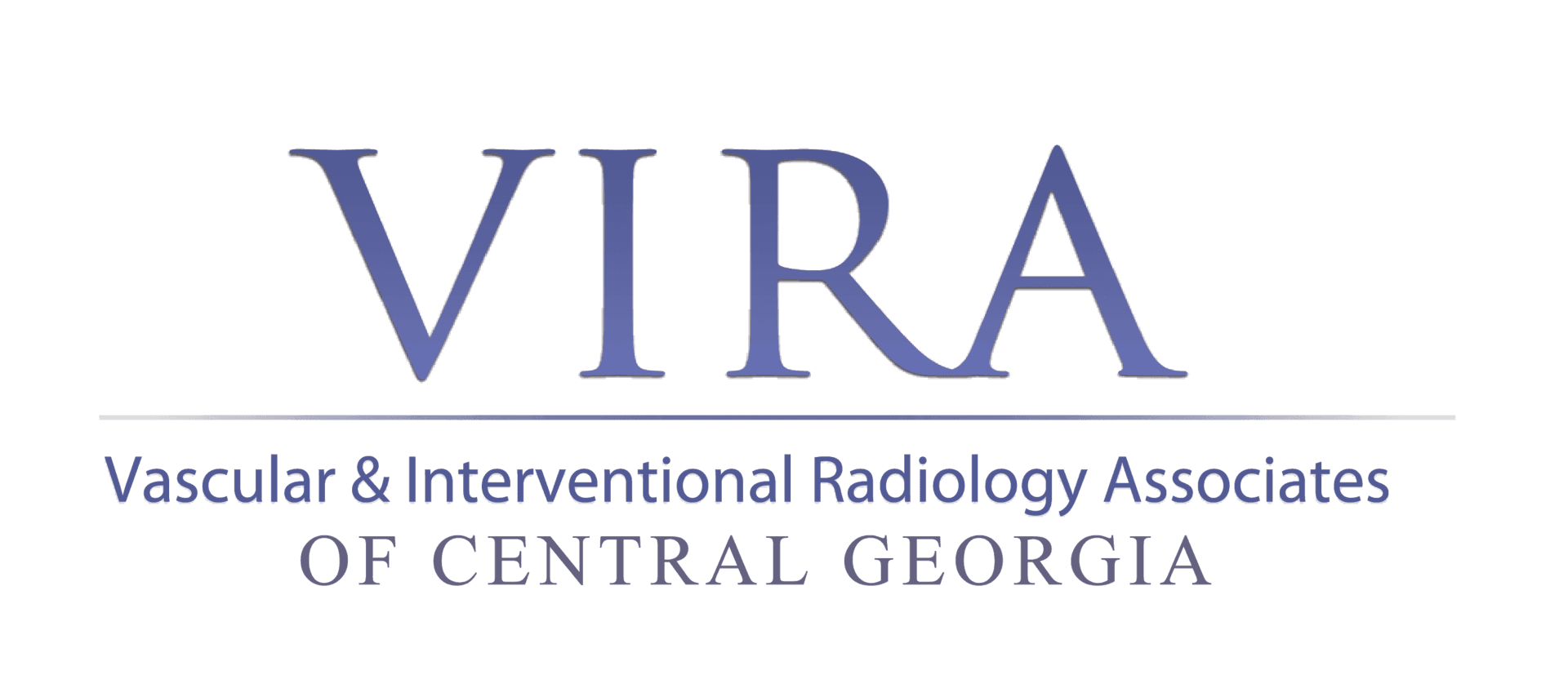Treating Varicose Veins Naturally During Pregnancy - Radiology Associates
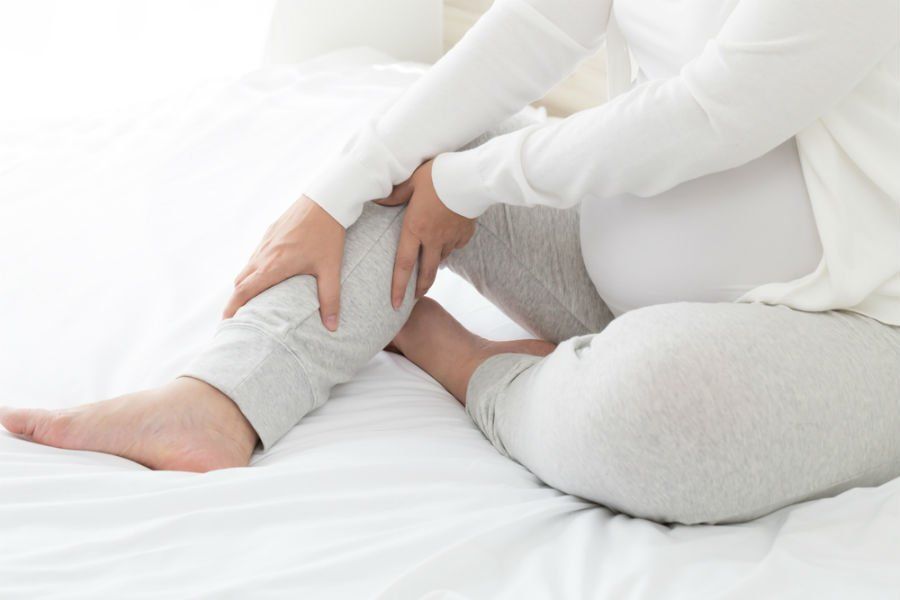
Pregnant women are concerned about the health of their unborn baby, and rightfully so. But pregnancy can also bring about health challenges for soon-to-be mothers. One of those issues is varicose veins.
Varicose veins are more common in older women, but many women develop them during pregnancy for several reasons:-
Blood volume increases. This puts pressure on the veins, causing them to become varicose.
-
Surging hormones. Increased progestin levels can open the veins.
-
Uterine pressure. The uterus pushes on the vein that carries blood from the legs and feet to the heart.
If someone in your family has had varicose veins, you’re more likely to develop them yourself. They also tend to get worse with each successive pregnancy. Other risk factors include being overweight, carrying multiples and standing for long periods of time.
While you can’t prevent the circulatory changes you may face while you’re pregnant, you can treat pain and minimize damage from varicose veins.Preventative Measures for Varicose Veins
Surgery is not recommended during pregnancy, as veins usually improve after giving birth. Expectant mothers hoping to treat their varicose veins sooner can find relief from any of these natural methods.
Do:
- Exercise regularly – Walking, biking and using the elliptical can strengthen your calves and allow blood to circulate throughout your legs. Limit yoga and squats, which can cut off blood flow and increase pressure.
- Wear maternity support hosiery – These stockings come in all sizes, from knee-high to full-length. They compress your legs, reducing pain and swelling and helping your blood flow.
- Drink plenty of water and eat healthy – Being overweight or obese makes varicose veins worse. Staying hydrated and making healthy food choices can help you lose weight and reduce water retention.
Do Not:
- Sit or stand for long periods of time – When you stay in one position, you make it harder for blood to flow. Take quick walking or stretching breaks whenever possible.
- Wear high heels – High heels alter the natural blood flow between the feet and calves and don’t allow the calf to contract and relax as effectively. Opt for flats instead.
- Cross legs while sitting – It’s a myth that crossing your legs alone can cause varicose veins, but it certainly doesn’t help. Keep your feet planted firmly on the ground.
When Medical Attention Is Necessary
If you develop small blood clots near the skin’s surface, you should seek medical attention. The clot may cause the varicose vein to feel hard and rope-like, and you may feel tenderness or pain.
These clots are rare, but can be very serious. In some cases, they can become infected. Call your doctor immediately if you experience any of these symptoms:- Leg swelling
-
Sores on the legs
-
Skin near vein changes color
A more serious condition called deep vein thrombosis (DVT) can develop if your varicose veins are severe. DVT isn’t common but can cause painful swelling, and if left untreated, the clot can travel to the lung, resulting in a pulmonary embolism. Signs of this life-threatening condition include shortness of breath, coughing up blood, a panicky feeling and rapid heartbeat. Call 911 right away if you think you may have DVT.
Treatment for Varicose Veins in Macon, GA
If you’ve tried natural remedies for varicose veinsand they haven’t improved, Vascular & Interventional Radiology Associates of Central Georgia (VIRA) can help. Our team is made up of fellowship-trained, board-certified doctors who are experts in minimally invasive therapies. We go above and beyond to put your comfort first. Our state-of-the-art outpatient facility provides a more personal, private experience than a hospital.
Using an in-depth ultrasound exam of your legs, our experienced ultrasound technicians can map out any abnormal veins and determine which treatment will be best for you. Treatment options include:- Laser Vein Therapy
- Radiofrequency Ablation
- Sclerotherapy
Pregnant women and new mothers have enough to worry about without the stress of varicose veins. If you’re ready to get back to living pain-free, take our online vein assessment or call 478-757-8868 to schedule your appointment today.

